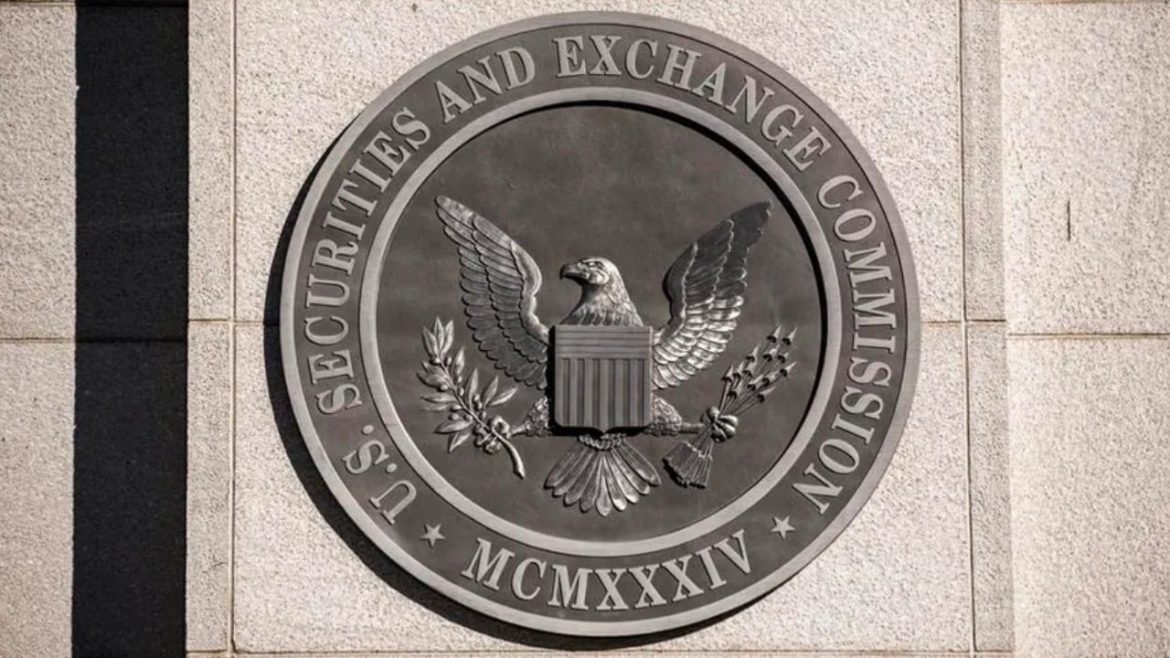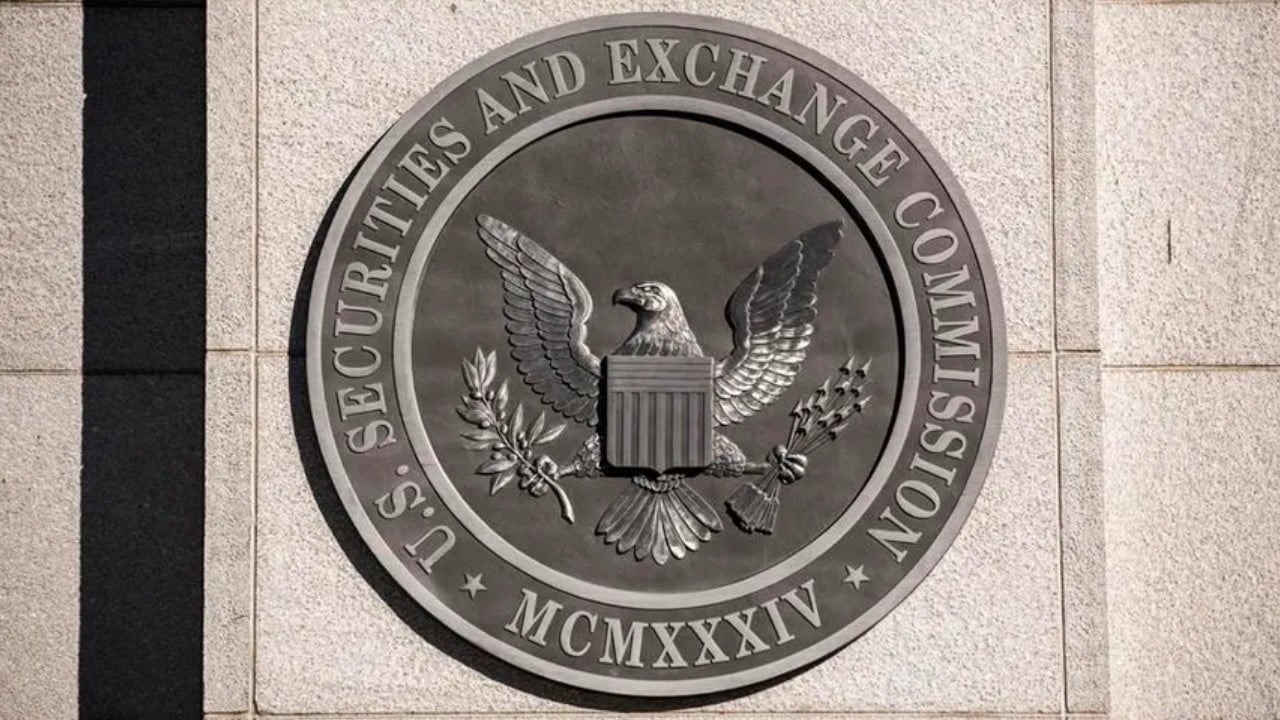A New Chapter for Audit Oversight: SEC’s Call for PCAOB Leadership
The Imperative for Stronger Audit Oversight
The financial world is on the cusp of a significant transformation, spearheaded by the U.S. Securities and Exchange Commission (SEC). The SEC’s decision to reconstitute the entire leadership of the Public Company Accounting Oversight Board (PCAOB) is not merely an administrative reshuffle. It is a strategic move to bolster the integrity of financial audits, enhance investor protection, and adapt to the evolving complexities of modern finance. This initiative comes at a critical juncture, as the financial landscape becomes increasingly intricate and the need for robust oversight intensifies.
The PCAOB: A Pillar of Financial Regulation
The PCAOB, established by the Sarbanes-Oxley Act of 2002, plays a pivotal role in the financial regulatory framework. Its primary mission is to safeguard investors by ensuring that audits of public companies, brokers, and dealers are conducted with precision, independence, and adherence to professional standards. The PCAOB’s responsibilities are multifaceted and far-reaching:
Setting Auditing Standards
The PCAOB is tasked with establishing the rules and guidelines that auditors must follow when examining financial statements. These standards are crucial for maintaining consistency and reliability in financial reporting. By setting clear and rigorous standards, the PCAOB ensures that auditors have a comprehensive framework to follow, thereby enhancing the accuracy and transparency of financial information.
Inspecting Audit Firms
Regular inspections of registered audit firms are a cornerstone of the PCAOB’s work. These inspections assess whether audit firms comply with auditing standards and maintain effective quality control procedures. This proactive approach helps identify potential issues before they escalate, ensuring that audit firms operate at the highest levels of professionalism and integrity.
Enforcing Compliance
The PCAOB has the authority to investigate and discipline audit firms and individual auditors who violate standards or engage in misconduct. This enforcement mechanism is essential for maintaining the credibility of the auditing profession. By holding auditors accountable, the PCAOB fosters a culture of compliance and ethical conduct within the industry.
Overseeing Broker-Dealer Audits
In addition to overseeing public company audits, the PCAOB also monitors the audits of brokers and dealers. This expanded scope of oversight adds an additional layer of protection for investors in the securities markets, ensuring that all participants in the financial ecosystem adhere to the highest standards of audit quality.
The Search for Visionary Leadership
The SEC’s nationwide call for candidates to fill all five PCAOB seats, including the chairperson, underscores the gravity of the task at hand. The SEC is not merely seeking individuals with accounting or legal backgrounds. It is looking for visionary leaders who can navigate the complexities of modern finance, uphold the highest ethical standards, and inspire confidence in the integrity of the audit process.
Essential Qualities for PCAOB Leadership
The ideal candidates for the PCAOB will possess a unique blend of expertise, leadership, and integrity. Key qualities include:
Deep Knowledge of Auditing and Accounting
A thorough understanding of generally accepted auditing standards (GAAS), generally accepted accounting principles (GAAP), and other relevant regulations is essential. This knowledge ensures that the PCAOB’s leadership can effectively oversee the auditing process and make informed decisions that enhance audit quality.
Strong Leadership Skills
The chairperson and board members must be able to set strategic direction, manage complex issues, and effectively communicate with stakeholders. Strong leadership is crucial for guiding the PCAOB through the challenges and opportunities of the financial landscape.
Independence and Integrity
The PCAOB must be free from undue influence and committed to acting in the best interests of investors. Independence and integrity are the bedrock of the PCAOB’s mission, ensuring that its decisions are based on objective analysis and professional judgment.
Experience in Financial Regulation
Familiarity with the regulatory landscape and the role of the SEC is highly desirable. This experience enables the PCAOB’s leadership to navigate the complexities of financial regulation and collaborate effectively with other regulatory bodies.
Addressing Past Challenges and Charting a New Course
The SEC’s decision to reconstitute the PCAOB comes at a time when the board faces scrutiny and pressure to enhance its effectiveness. In recent years, the PCAOB has been criticized for issues ranging from perceived political influence to concerns about the rigor of its inspections. The SEC’s move to replace all five members signals a desire to address these challenges head-on and usher in a new era of leadership.
Key Focus Areas for the New PCAOB Leadership
The new board will likely focus on several critical areas to strengthen the PCAOB’s effectiveness and enhance its impact:
Strengthening Audit Quality
Implementing measures to improve the consistency and reliability of audits is a top priority. By setting higher standards and enforcing them rigorously, the PCAOB can ensure that audits provide accurate and reliable financial information to investors.
Enhancing Oversight of Audit Firms
Ensuring that audit firms are held accountable for meeting professional standards is essential for maintaining the integrity of the auditing process. The PCAOB must conduct thorough inspections and take decisive action when necessary to uphold audit quality.
Promoting Auditor Independence
Guarding against conflicts of interest that could compromise the objectivity of audits is crucial. The PCAOB must establish clear guidelines and enforce them strictly to ensure that auditors remain independent and impartial.
Adapting to Technological Change
Addressing the challenges and opportunities presented by emerging technologies such as artificial intelligence and blockchain is increasingly important. The PCAOB must stay ahead of technological advancements to ensure that auditing practices keep pace with the evolving financial landscape.
Increasing Transparency
Making the PCAOB’s activities more transparent to the public is essential for building trust and confidence in the auditing process. By providing clear and timely information about its work, the PCAOB can enhance its credibility and accountability.
Implications for the Financial World
The SEC’s decision to reconstitute the PCAOB has far-reaching implications for the financial world. A strong and effective PCAOB is essential for maintaining investor confidence, promoting market integrity, and preventing financial fraud.
For Investors
Enhanced audit quality translates to more reliable financial information, empowering investors to make informed decisions. By ensuring that audits are conducted with the highest standards of accuracy and independence, the PCAOB protects investors from misinformation and fraud.
For Public Companies
Rigorous oversight can help companies improve their internal controls and financial reporting practices. By adhering to the PCAOB’s standards, public companies can enhance their financial transparency and build trust with investors and stakeholders.
For Audit Firms
Clear standards and consistent enforcement create a level playing field and promote competition. By setting and enforcing rigorous standards, the PCAOB ensures that audit firms operate at the highest levels of professionalism and integrity.
For the Economy
A well-functioning audit system is vital for maintaining the stability and efficiency of the capital markets. By ensuring that audits are conducted with accuracy and independence, the PCAOB contributes to the overall health and stability of the economy.
The Road Ahead
The SEC’s search for new PCAOB leadership is a critical step toward strengthening financial oversight and protecting investors. The individuals selected to fill these roles will have a unique opportunity to shape the future of auditing and contribute to the integrity of the financial system. The task is enormous, and the stakes are high. The next chapter of PCAOB leadership could redefine the landscape of auditing and financial oversight in the United States for years to come.
A Future of Trust and Transparency
The reconstitution of the PCAOB represents more than just a change in personnel; it signifies a recommitment to the principles of trust, transparency, and accountability that underpin the financial markets. As the SEC seeks visionary leaders to guide the PCAOB into the future, the hope is for a renewed focus on investor protection, audit quality, and the overall integrity of the financial system. This is a chance to build a PCAOB that not only meets the challenges of today but is also prepared for the complexities of tomorrow, ensuring that the guardians of audit integrity are well-equipped to safeguard the interests of investors and the health of the economy.





